Did you know that we save more than 90% of water when producing our vegetables?
This is relevant to you, as the agricultural sector uses more than 70% of the potable water that we also need for our personal consumption.
In our country, preserving water resources is critical.
Overview
Water is life
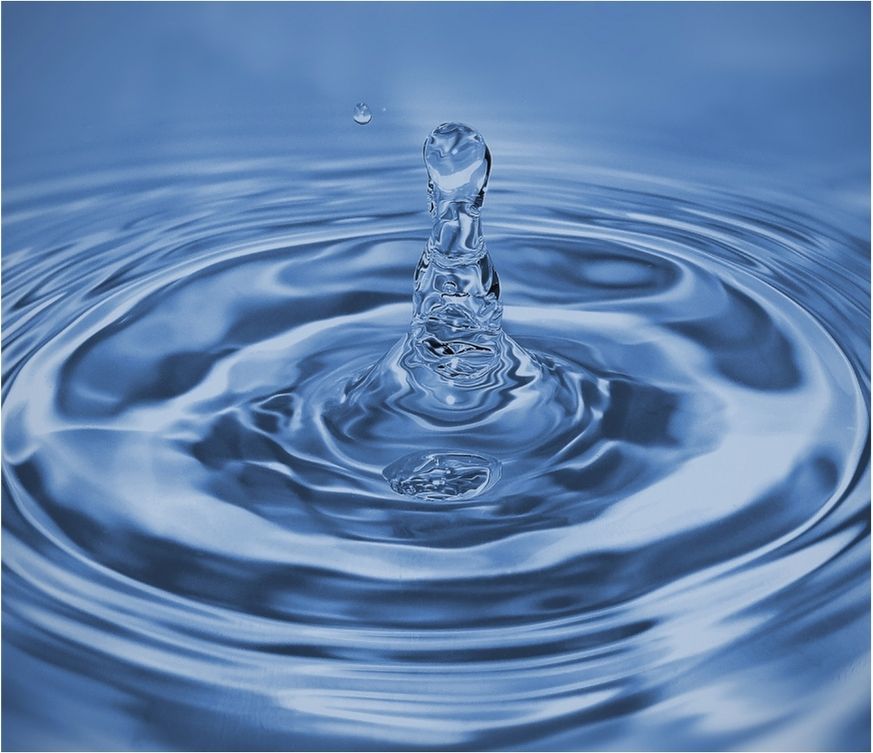
- Water is the source of life, as it is the origin from which life emerged.
- Access to water is not only a fundamental human right but is also essential for our survival and for preserving diversity on our planet.
- We all share the commitment to take care of this valuable resource, for our future and the future of our children.
Sustainable agriculture in a world thirsty of hope
As a company dedicated to sustainability, we have prioritized the responsible use of water because every drop counts.
Our innovative approach to agriculture is based on respecting the environment and, above all, conserving water, our most vital and limited resource.
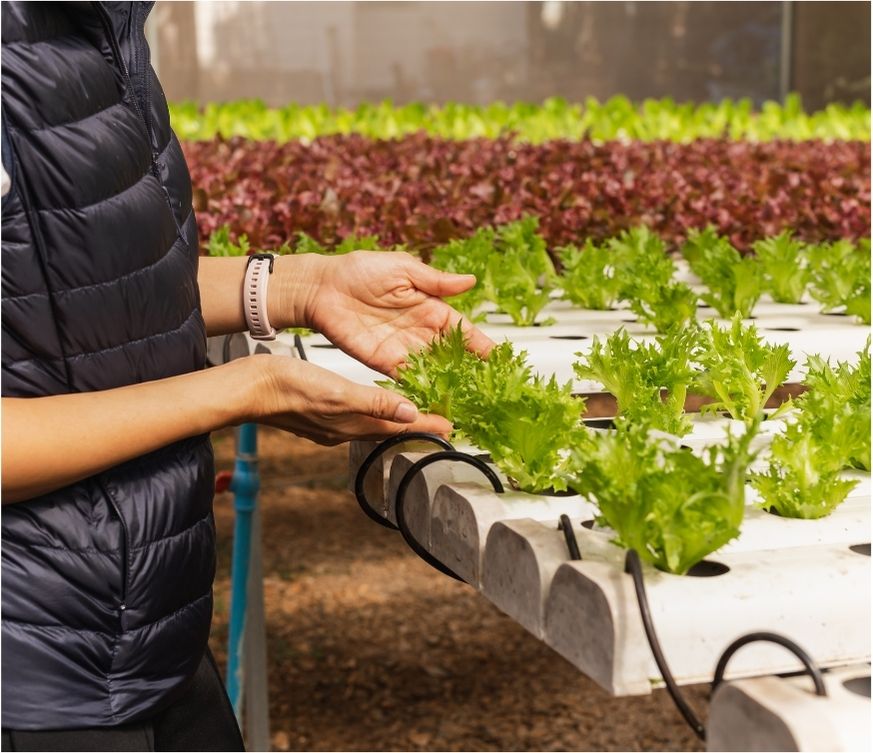
Growing without soil allows us to use water more efficiently by optimizing nutrient absorption. This way, we save up to 90% compared to traditional methods and ensure a more effective and sustainable crop.
We consider this innovation crucial for a greener future and aim to inspire others to join us on this important journey towards sustainability.
Water footprint awareness: Saving water is a social duty we must all embrace
Climate change, sprawling cities, and intensive agriculture are depleting our water sources.
Our rivers are dwindling, and our aquifers are drying up; it's a real issue that affects us all.

We face an unprecedented water crisis causing alarming imbalances in water resources worldwide, presenting us with enormous challenges to secure access to drinking water.
If you want to know more
Water is a cornerstone of human life, providing health and well-being
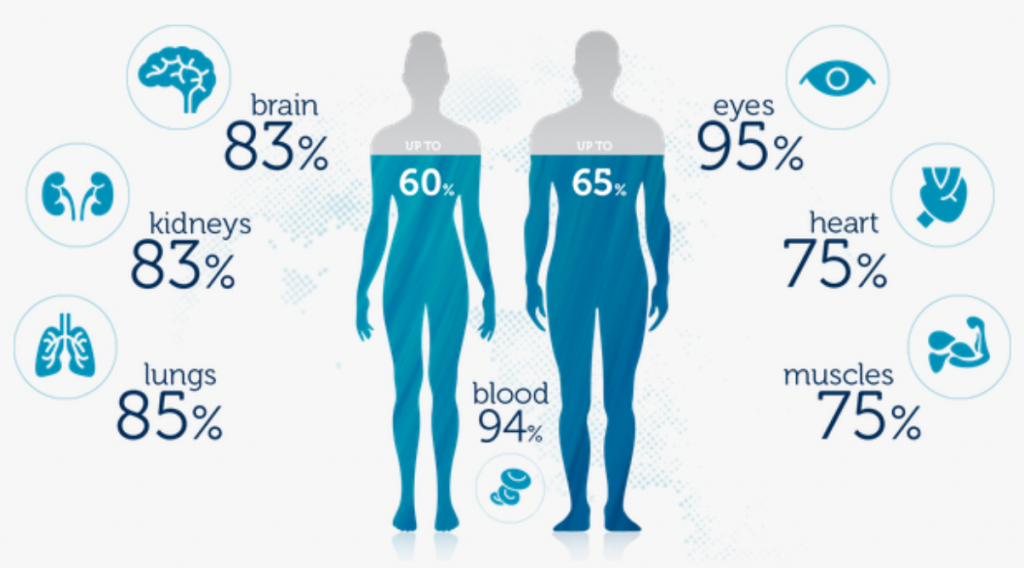
Every cell, tissue, and organ in the body needs water to function correctly.
Our heart is composed of 75% water, our lungs about 85%, our skin approximately 70%, and our muscles 75%.
Like all living beings, our food is mostly composed of water which is absorbed through rain or irrigation. Therefore, its quality is of utmost importance.
Water quality has diminished over time, and humans are the primary culprits in its deterioration. Increasing salinity and radioactivity worsen the situation. Deeper wells are increasingly necessary to obtain drinking water, leading to higher costs and more complexity in water supply systems.
Globally, droughts affect 55 million people each year
The health of water is impacted by various challenges on a global scale
Desertification
Desertification
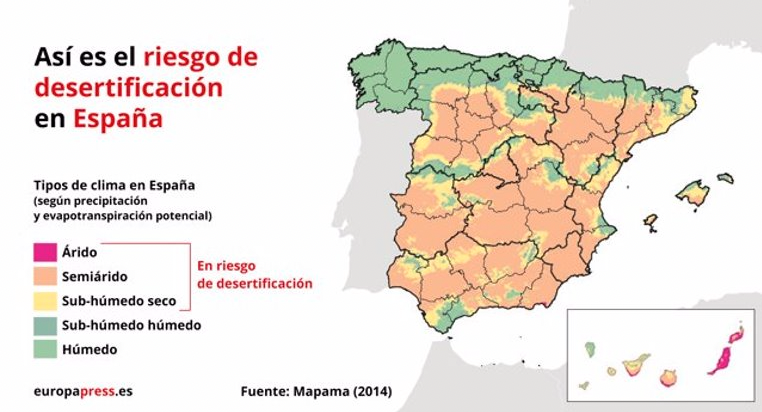
In Spain, 74% of the territory is at risk of desertification, with Andalusia and Catalonia leading in large-scale erosive processes.
Illegal wells and water scarcity
Illegal wells and water scarcity
Another major issue is the illegal extraction of water, with more than one million wells scattered throughout the Spanish geography, accounting for 50% of all groundwater available in the peninsula’s subsoil.
Dry areas represent 37.2% of the worlds land surface, and 3 billion people are directly affected by the degradation of the natural resources they rely on.
In 2019, Cyprus, Malta, Greece, Portugal, Italy, and Spain faced the most significant water shortages in the European Union.
Droughts
Droughts
By 2030, it is estimated that 700 million people could be at risk of displacement due to drought-related causes. By 2050, droughts could affect more than 75% of the world's population.
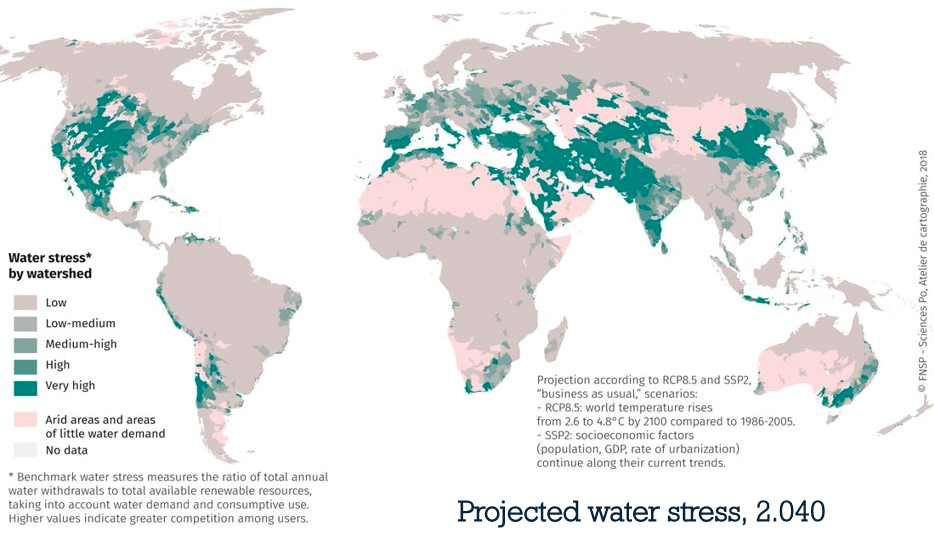
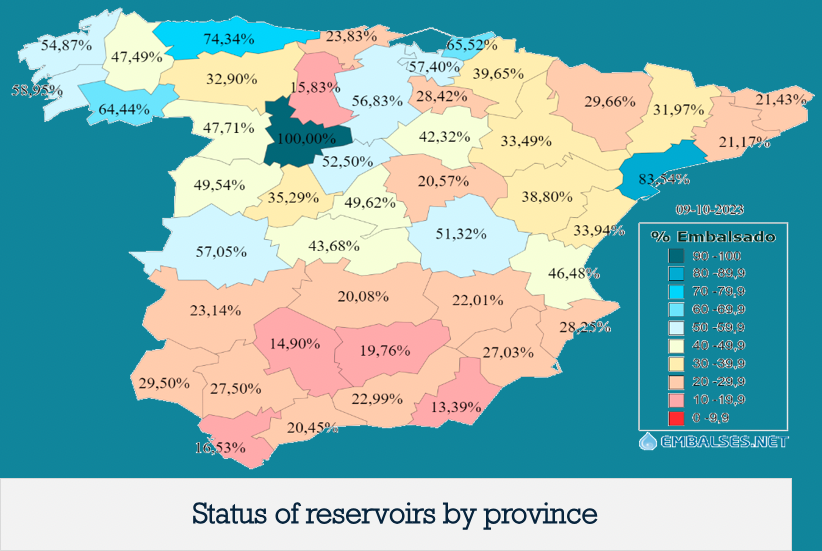
During prolonged droughts, we have focused on the weather as the cause, but the real issue is our unsustainable and inefficient demand due to a development model that wastes water and depletes natural resources with no care on consequences.
In this context, each of us can contribute responsibly and consciously to combat water scarcity.
Conservation initiatives and sustainable water management are critical to address the situation and ensure a safe and equitable supply.
As a company, we understand the implementation of sustainable cultivation as a key response to be part of the solution to the water crisis. This innovative agricultural approach is based on environmentally friendly practices and focuses on the preservation this vital scarce. Cultivating without soil allows for efficient water use by optimizing nutrient absorption, resulting in up to 90% water savings compared to traditional methods and ensures more efficient and sustainable cultivation.
If you'd like to dive deeper
- Medical News Today (2020) : What is the average percentage of water in the human body?
- Proceedings of the National Academy of Sciences (2021): Risk of groundwater contamination widely underestimated because of fast flow into aquifers.
- United Nations(2022): Convention to Combat Desertification (UNCCD)
- MITECO (2022): Estrategia Nacional de Lucha contra la Desertificacion
- WWF España(2021): Bea Martínez, M.; Fernández Lop, A.; Gil, T.; Seiz Puyuelo, R. y cols. El robo del agua. Cuatro ejemplos flagrantes del saqueo hídrico en España.
- Greenpeace (2017): El robo del agua, impunidad más allá de los pozos ilegales.
- National Geographic: Mind The Water Gap.
- Greenpeace (2017), Algo mas que falta de lluvia.
- European Environment Agency (2021): Water resources across Europe – Confronting water stress.
